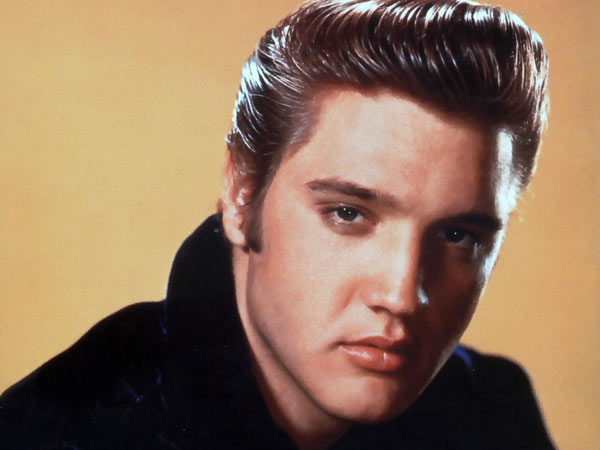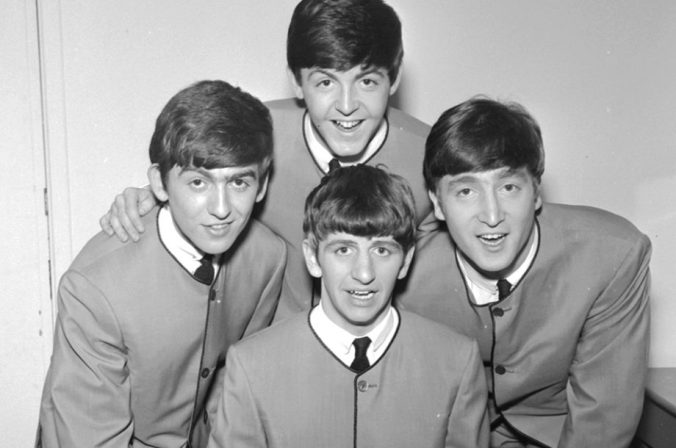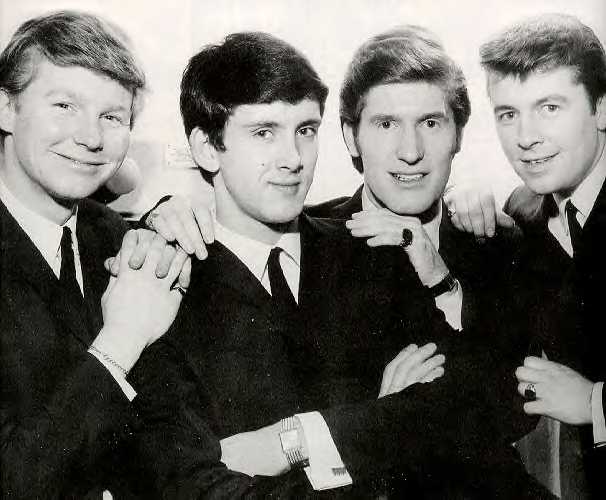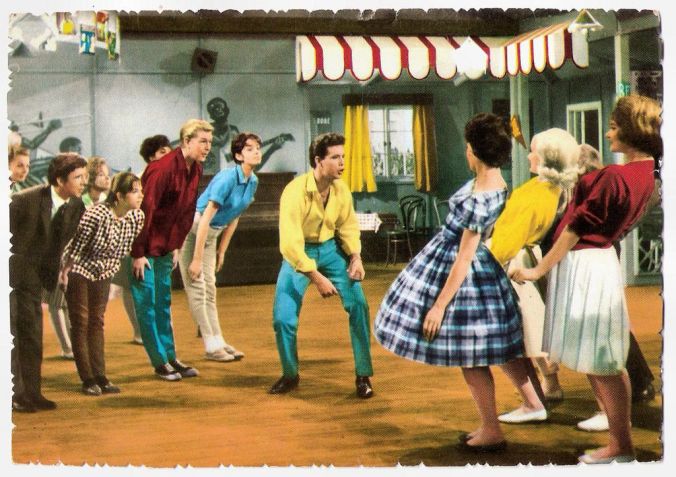
After a two-year absence, Elvis Presley was back at the top for the 15th time with his cover of Crying in the Chapel.
‘The King’ had been in the doldrums somewhat since (You’re the) Devil in Disguise musically. His movie career was still very active, but the quality had continued to slide. Although Viva Las Vegas performed well in the summer of 1964. Presley turned 30 in 1965. Had he chose to respond to the British Invasion with a brave, bold new musical direction that had captured the imagination of record buyers once more?
Not quite. Crying in the Chapel actually dated from 1960, making it the longest gap for a number 1 single between the song’s recording and its release up to this point. The song was a gospel number written by Artie Glenn for his son Darrell in 1953. It reached number six in the US and was covered many times, by artists including Ella Fitzgerald and The Orioles. Elvis had grown up with a love of gospel, and recorded his version with the intention of including it on his fifth album His Hand in Mine, which was entirely gospel-based. However, by the end of the one long marathon recording session for the album, the band were exhausted, and The Jordanaires were particularly unhappy with their performance, so it was left off the album.
Colonel Tom Parker liked it, but at the time he refused to let Presley release anything his company didn’t own the publishing rights to, and Valley Publishing refused to do a deal, so the song stayed in the vaults. By 1965 though, Hill and Range Publishing had bought them out, and so Crying in the Chapel was finally released, and record buyers forgave any lethargy they may have heard to give Presley his final UK number 1 of the 60s.
It’s a pleasant enough song, with the hushed, intimate performance reminiscent of Are You Lonesome Tonight?, but the track isn’t anywhere near up to that standard. The production marks it as belonging to a different era, and it sounds so old-fashioned compared to most of 1965’s other chart-toppers. But it fitted in with the family-friendly image Presley had held on to since leaving the army, and the older generation must have been glad to see the once raunchy, dangerous Elvis back with a nice song about God.
Following the success of Crying in the Chapel, Parker thought there might be something in the idea of turning Presley into a Christian entertainer. Fortunately by the time of the 1969 comeback special, Elvis finally had the courage to travel his own path. Sadly, not for nearly long enough, though.
After a week at the top, Crying in the Chapel was usurped from number 1 by The Hollies with I’m Alive. A week later though it enjoyed one more week in pole position, before I’m Alive knocked it down again.
Written by: Artie Glenn
Producers: Steve Sholes & Chet Atkins
Weeks at number 1: 2 (17-23 June, 1-7 July)
Births:
Fashion designer Sadie Frost – 19 June
Radio DJ Jo Whiley – 4 July
Deaths:
Cricketer Wally Hammond – 1 July
Meanwhile…
17 June: Frank Marcus’ farce The Killing of Sister George premiered at the Duke of York’s Theatre, becoming one of the first mainstream British plays to feature lesbian characters. Beryl Reid was in the title role.
18 June: The government announced plans for the introduction of a blood alcohol limit for drivers. Amazing it had taken so long, really.
22 June: The 700th anniversary of Parliament was celebrated.
6 July: A tragic accident happened in Little Baldon, Oxfordshire when a Royal Air Force Handley Page Hastings crashed just after take-off from RAF Abingdon on a parachute training exercise. All 41 men on board were killed.








